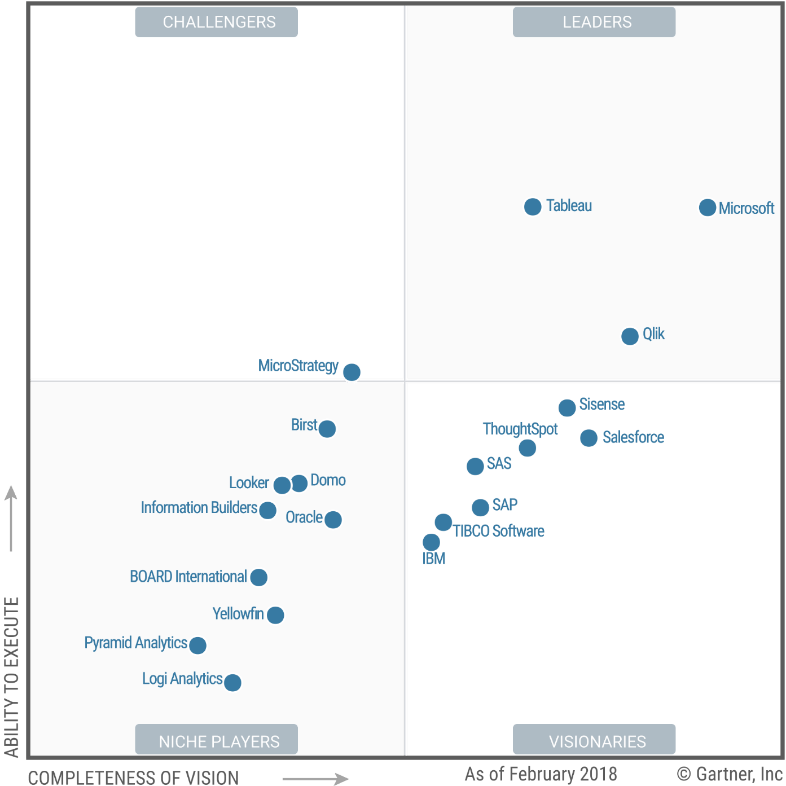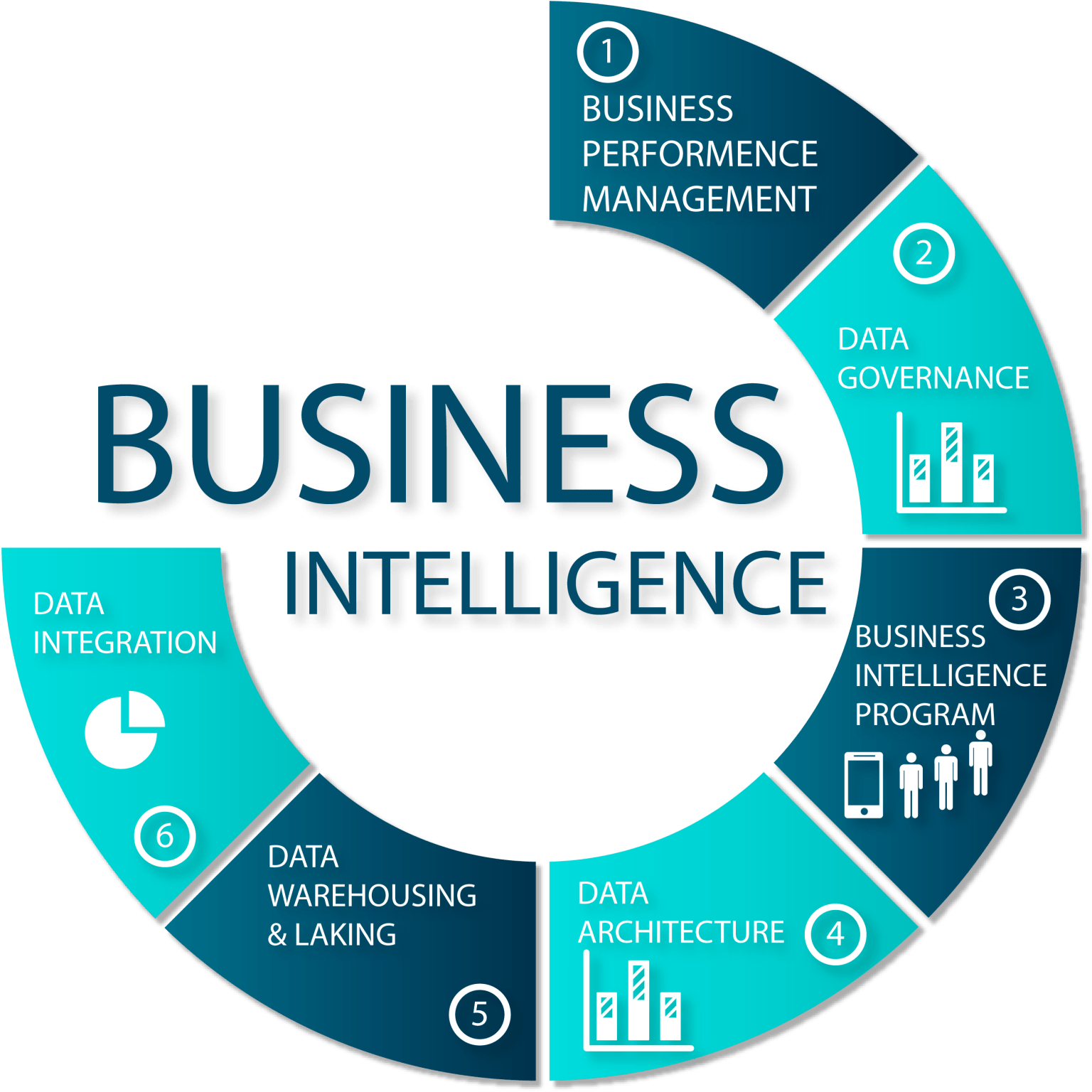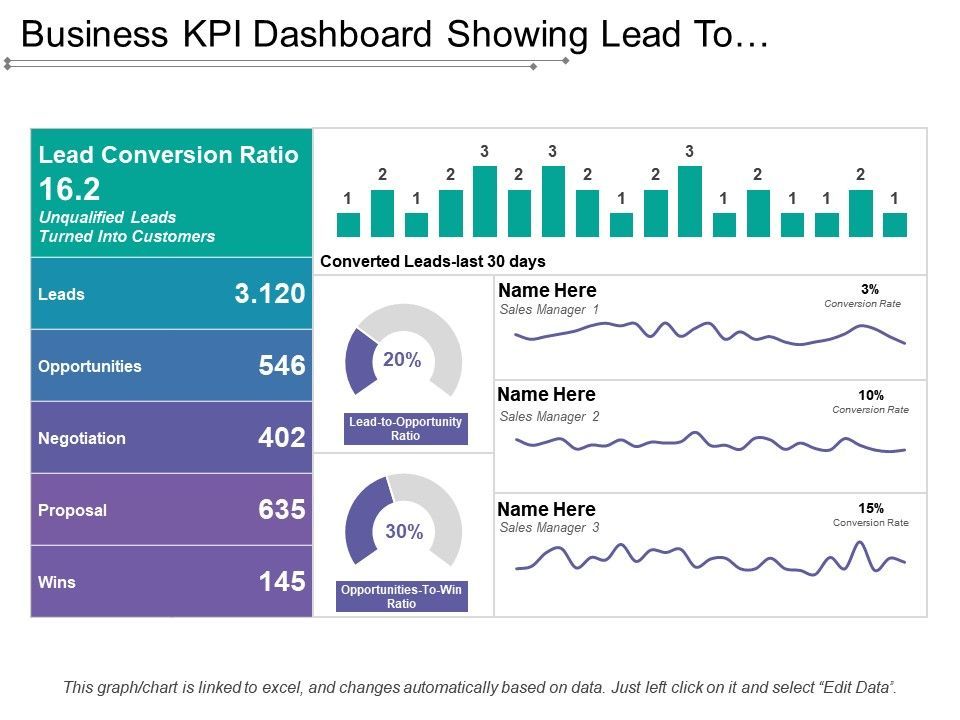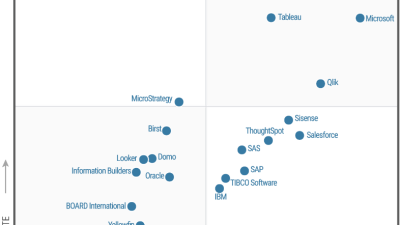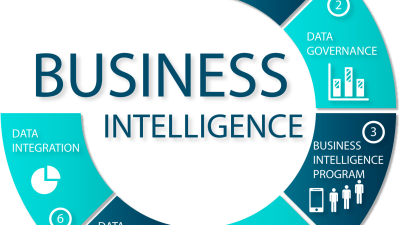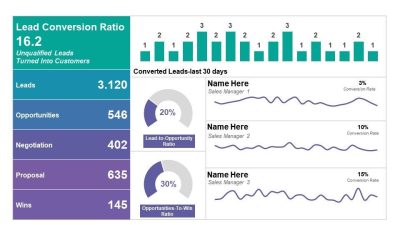Styles Of Business Intelligence. 2.1 the 5 styles of bi in an enterprise application scenario. Does your bi solution suit all these 5 types of users?

“customer analytics” and “customer experience” are two of the most crucial trends in business intelligence. Business intelligence is the process of transforming related business data into information, information into knowledge and with repetitive identification turning knowledge into. 2.1 the 5 styles of bi in an enterprise application scenario.
The Data Analyst The Data Analyst Loves Data.
The most important types of. This type of user continuously collects, organizes, analyzes and presents data. The 5 styles of business intelligence:
The 5 Styles Of Business Intelligence:
According to forrester research, business intelligence is a set of methodologies, processes, architectures, and technologies that transform raw data into meaningful and useful information. Their answers provided us with data on the features most desired by those in the market for a business intelligence system. With enterprise bi and analytics leaders in mind, this article summarizes the main styles of the five styles of enterprise bi reporting and analysis to serve as a reference for evolving.
During The Information Gathering Stage, Data Is Either Prepared From Existing Sources.
In this way, you can quickly identify and fix the problem. Does your bi solution suit all these 5 types of users? Over the years, business intelligence has evolved from simple reporting and analysis to 5 more concrete styles of bi the 5 styles of bi include:
Your Bi Reporting Might Involve.
“customer analytics” and “customer experience” are two of the most crucial trends in business intelligence. Bi tools often feature several types of data modeling and analytics—including exploratory, descriptive, statistical, and predictive—that further explore data, predict trends, and make. Data mining and advanced analysis 2.
The Four Stages Of Business Intelligence 1.
Bi tools and software come in a wide variety of forms such as spreadsheets, reporting/query software, data visualization software, data mining tools, and online analytical. The best business intelligence tools take away the manual labor of strategy so business leaders can focus on big goals instead of small headaches. Analytical communication style intuitive communication style functional communication style personal communication style there’s no better time to build rapport.
